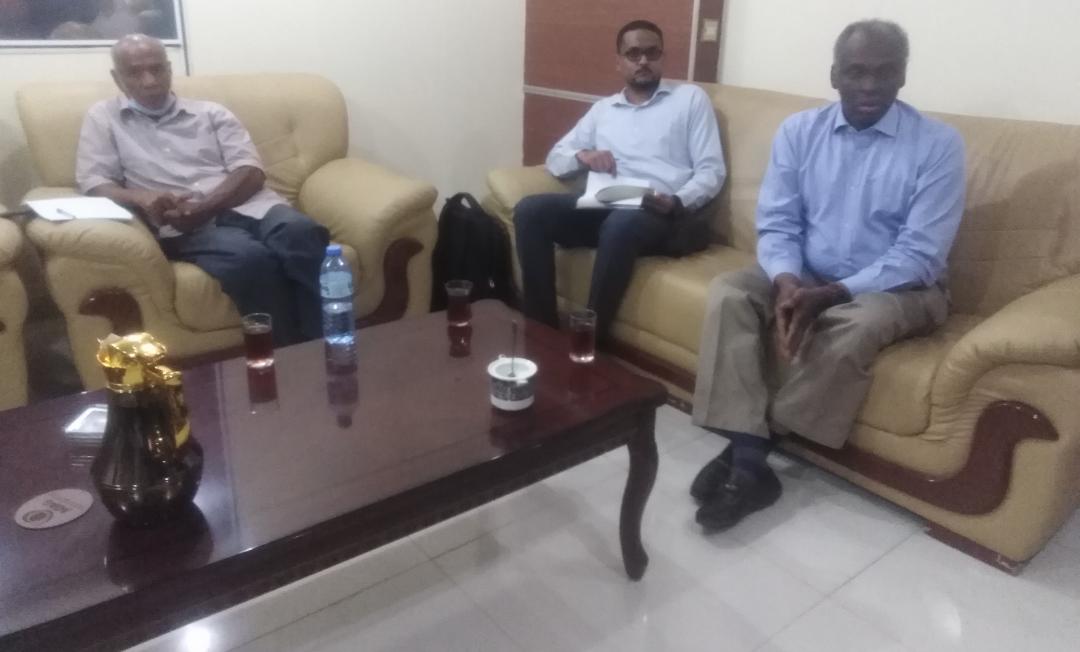The Supreme Court of India, delivered today , Saturday 9 November 2019, in New Delhi its judgment. on the Babri Masjid – Ram Janmabhumi Title Suit. The judgment by the 5-Judge Bench headed by Chief Justice of India is the culmination of a long-standing legal process which began in 1950 in the District Court, and as per standard procedural practice, went to the Allahabad High Court and now the Supreme Court of India has heard the matter and given its final verdict. Thus, ensuring that the due process has been fully and strictly followed. The Judgment brings closure to a long-standing dispute between the litigants. This Judgment is solely to determine the Title Suit (i.e. ownership) of land in Ayodhya (1482 sq.yds.) on which the structure was located. The five Member Bench has ruled that the Title Suit is being determined by the law of the land and not by faith. The five Member Bench has given the Title Suit of the land to Ram Lalla Virajman (Party) and also directed the Government to allocate five acres of land in a prime location in Ayodhya to the other Party, Sunni Wakf Board, for purpose of building a Mosque.
This dispute had originated in historical times. There are historical accounts by European travellers in the 17th and 18th centuries on the existence of the dispute. Probably, the first such reference to this dispute was made by William Finch, a British merchant who visited India between 1608 and 1611. Also, there are legal records to establish that petitions were filed before the District Judge and the Judicial Commissioner in the United Provinces(Current state of Uttar Pradesh was then named as) in 1885-1886, when India was ruled by the British Colonial Government. Therefore, the dispute was in existence from before the Independence of India.
In arriving at the Judgment, the Supreme Court of India has considered multiple pieces of evidence including, inter alia : (a) Report of survey and excavation on the site carried out by Archaeological Survey of India; (b) Historical records including pre-colonial travellers’ accounts and Government records from the British Colonial period; and (c) The evidence and material presented by all claimants to Title Suit through the prolonged judicial process since the Independence of India.
The Constitution of India guarantees to all religious communities equal freedoms of faith, belief and worship. [ Article 25 (1) of the Indian Constitution reads Right to Freedom of Religion: Subject to public order, morality and health and to the other provisions of this Part, all persons are equally entitled to freedom of conscience and the right freely to profess, practice and propagate religion.] Moreover, India has a strong independent judiciary and this independence of the judiciary is a part of the basic structure of the Constitution, which can not be generally amended.
It is our conviction that following this verdict, Indians of all faiths and communities will now move ahead in a spirit of reconciliation. PM has appealed to all citizens to accept the judgment and to strengthen our tradition of amity, unity and harmony. Also, prominent voices in public life,
شاهد أيضاً
مبارك حتة يكتب منقستو فى موعد الوطن
تداعيات الحرب فى السودان كان لها اثر حرك الجميع لاستنكار هذا العدوان الذى طال الشعب …
 ايكوسودان نت التنمية مستقبلنا
ايكوسودان نت التنمية مستقبلنا










